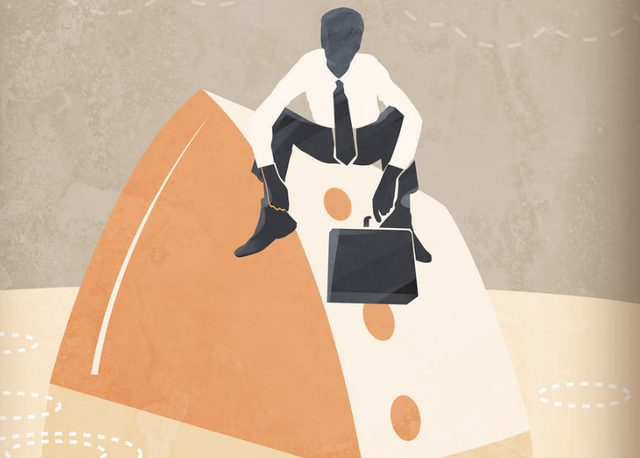"Labor Day is an appropriate moment to reflect on a quiet catastrophe: the collapse, over two generations, of work for American men. During the past half-century, work rates for U.S. males spiraled relentlessly downward. America is now home to a vast army of jobless men who are no longer even looking for work—roughly seven million of them age 25 to 54, the traditional prime of working life."
The above, from Nicholas Eberstadt in last Friday's WSJ, raises some important points on a trend that is so big and so longitudinal that it doesn't get examined nearly as much as it should. We live in a society that is geared towards fixing small problems that are right in our faces, not big ones that have complex causes and unclear solutions.

The breakdown of traditional civil society in America is such a behemoth macro trend that any attempt to examine it ends up having to focus on just one contributing factor (decline in percent of employed men of working age) or effect (eg bowling alone). All major research on happiness shows that happiness cannot be achieved without a couple of things: safety/security, community, and meaningful work.
Meaningful work doesn't have to necessarily tie into income, and so as we get to the point in society where a few hundred dollars a month can help secure all the bottom rungs of Maslow's heirarchy of needs, we can transition to completing meaningful work that doesn't look like a traditional job.
I'm more optimistic that Eberstadt that we'll avoid a rise in "professional leisurists." If one generation can't figure out the importance of meaningful work and dive into leisure, they'll probably only highlight the importance to the next generation.
Still, this is absolutely worth a read this Labor Day. Eberstadt does do a good job of highlighting the way this trend fits into the larger picture. He writes:
"There are the social effects, too. The male retreat from the labor force has exacerbated family breakdown, promoted welfare dependence and recast “disability” into a viable alternative lifestyle. Among these men the death of work seems to mean also the death of civic engagement, community participation and voluntary association."
I preordered his book, which I'm sure will sit (fittingly) idle on my bedside table along with the other 50 books I've bought and haven't read this year.